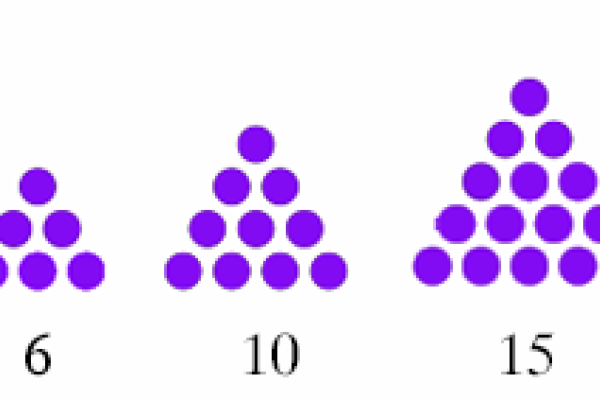Article


Maths in a minute: Asymptotes
Curves can be crazy, but asymptotes are nice and straight.
Want facts and want them fast? Our Maths in a minute series explores key mathematical concepts in just a few words. From symmetry to Euclid's axioms, and from binary numbers to the prosecutor's fallacy, learn some maths without too much effort.


When things go round and round, a cyclic group may be just what you need!

Groups occur all over mathematics, so it makes sense to find a common language to talk about them all.



One of the most famous experiments in physics demonstrates the strange nature of the quantum world.


Getting a different picture of our planet.

Change is the only constant in our lives — which is why differential equations are so useful.


